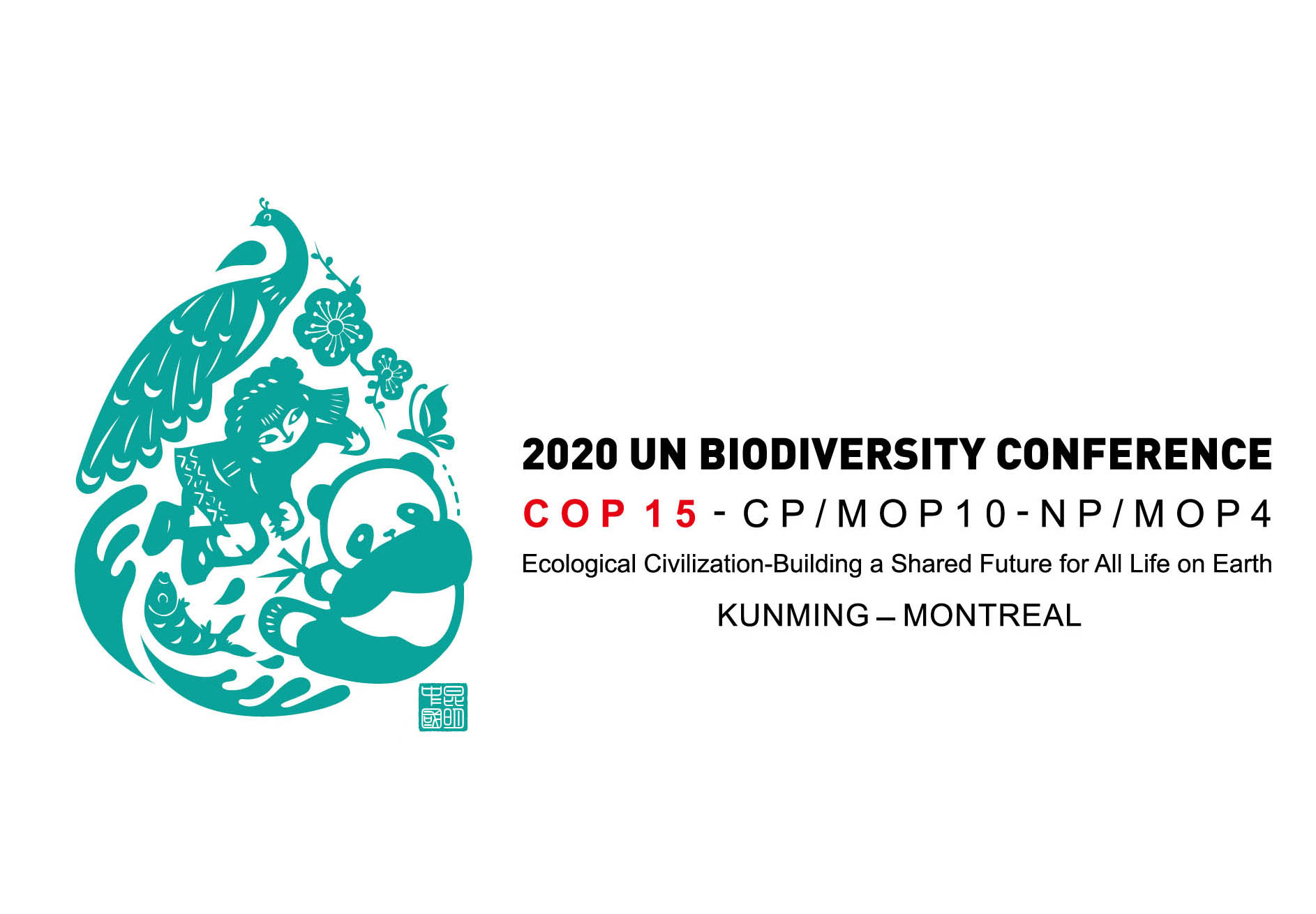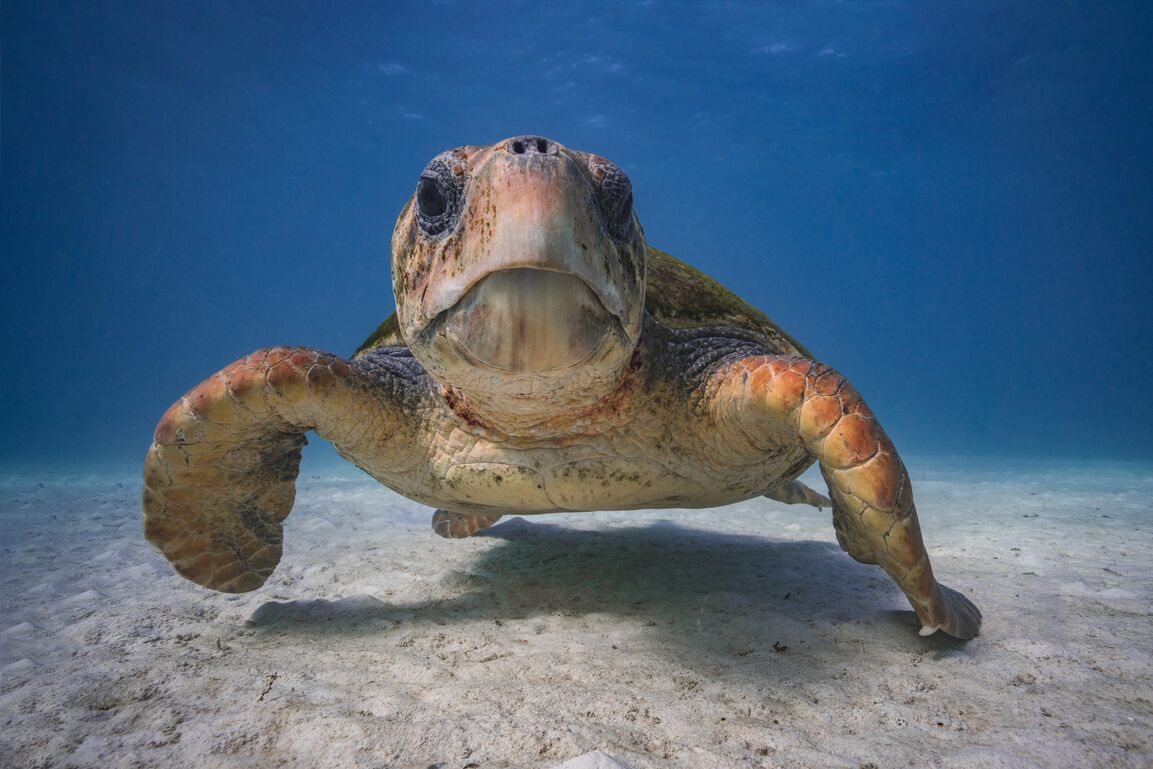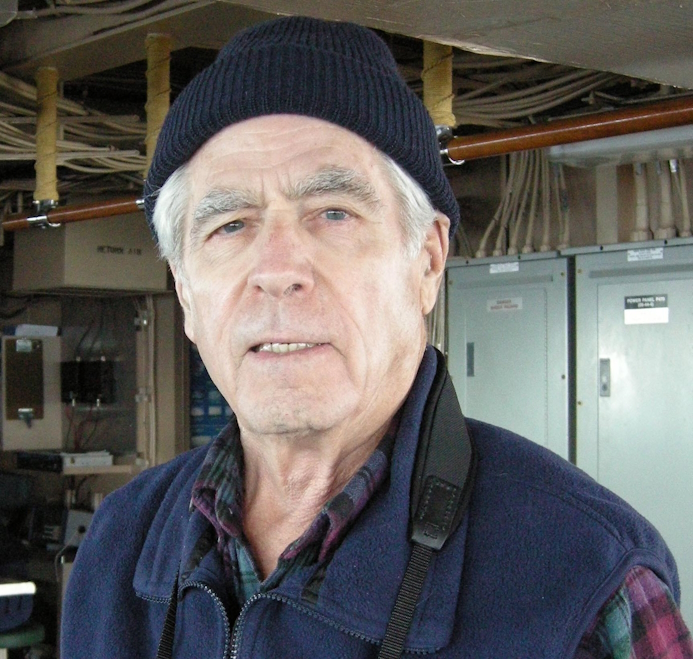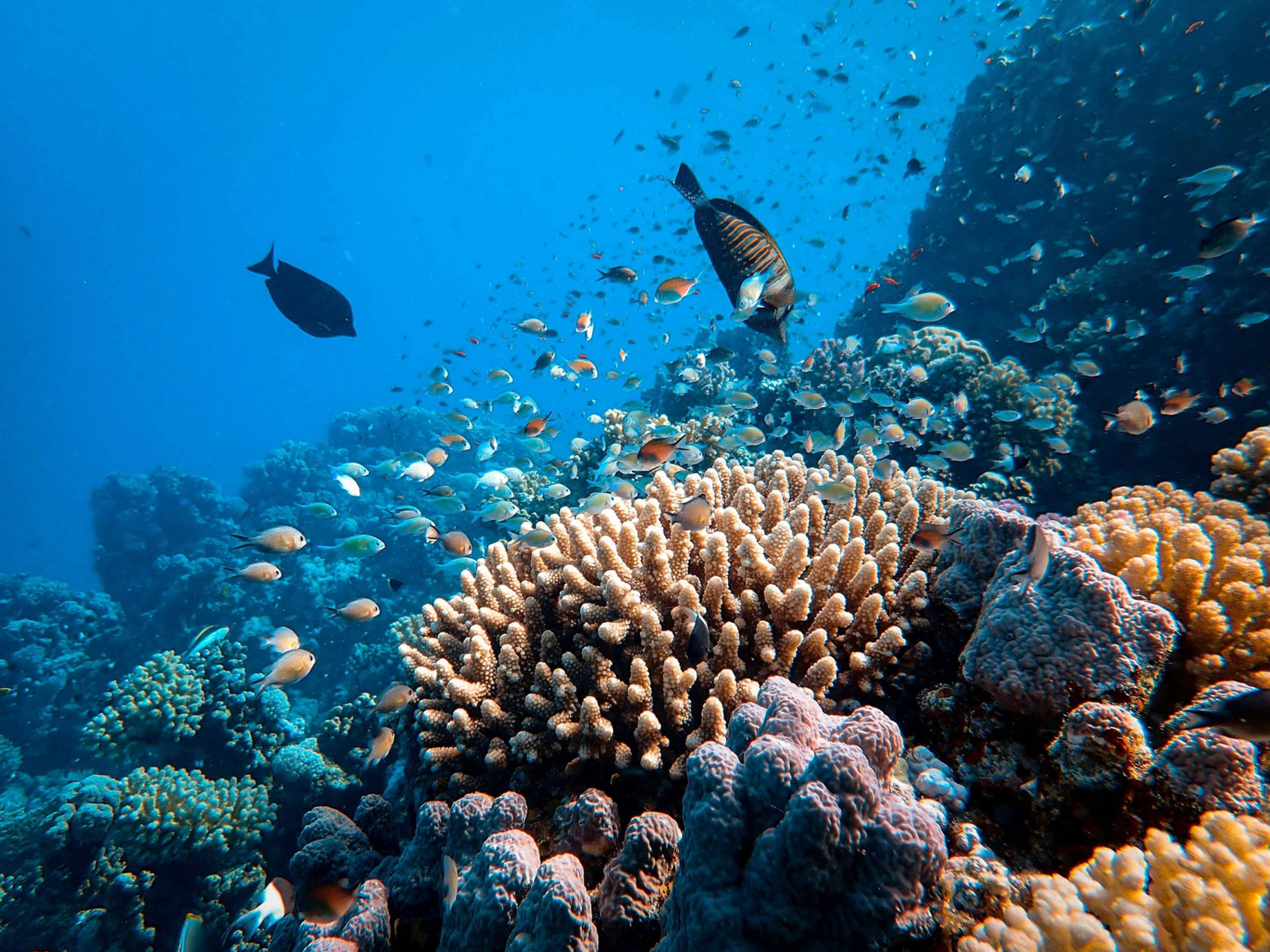IUCN welcomes Post-2020 Global Biodiversity Framework as an important step towards addressing the nature crisis
IUCN welcomes the Post-2020 Global Biodiversity Framework, which was adopted at the UN Biodiversity Conference (CBD COP15) in Montreal, Canada on 19 December 2022 after four long years of negotiations. We congratulate the Chinese Presidency, Canadian hosts and the CBD secretariat for their efforts.

The agreement marks an important step in the right direction, even if it does not go as far as we would have liked. IUCN particularly applauds the commitment made to conserve at least 30% of terrestrial, inland water and coastal and marine areas, and especially areas of importance for biodiversity, through ecologically representative, well-connected and equitably governed systems of protected areas and other effective area-based conservation measures. It is crucial that Key Biodiversity Areas are included in these 30%. IUCN is pleased that the language in Kunming-Montreal Target 3 recognises indigenous and traditional territories, respecting the rights of Indigenous peoples and local communities.
We welcome the inclusion of distinct components for each of the three levels of biodiversity – ecosystems, species, and genetic diversity – in Goal A of the framework. It is encouraging that the species component mandates action to halt extinctions of known threatened species starting now, and a tenfold reduction of extinction risk of all species by 2050. The ecosystem component on the other hand is disappointingly weak, setting no mandate to halt the loss of the area covered by natural ecosystems, nor to reduce the risk of ecosystem collapse.
We further welcome the action targets on scaling up the conservation of species, the preservation of remaining intact ecosystems and the large-scale restoration of what has already been depleted, as well as the recognition given to the role of Nature-based Solutions, which reflects similar decisions taken in the other Rio Conventions, G20 and other bodies.
In addition, Parties have forged important compromises on some of the more contentious issues. IUCN welcomes that the agreement calls for the reduction of harmful subsidies by at least US$ 500 billion and an increase in biodiversity finance by at least US$ 200 billion from all sources, including international, domestic, public and private, by 2030. For the ambition of the Montreal agreement to be realised, it is essential that these financial commitments are met in full. In this respect, we are encouraged by the Special Trust Fund (“GBF Fund”) to be established under the Global Environment Facility to help implement the Global Biodiversity Framework, to complement existing support, and to scale up financing to ensure its timely implementation. We also applaud the decision to establish a global mechanism to share benefits from the use of digital sequence information on genetic resources, including a multilateral fund.
However, IUCN is concerned that quantitative 2030 timelines within the goals have not been retained when it is clear that if the 2050 outcome goals are to be achieved, substantial progress must be mandated in outcomes by 2030.
As we move towards implementing the framework, it will be critically important to track progress against targets through science-based indicators. We welcome the inclusion of the Red List Index and Red List of Ecosystems as headline indicators for Goal A and Targets 1 and 4. IUCN stands ready to participate in the Indicators Ad Hoc Technical Expert Group and contribute the Union’s data, expertise, and national networks to further strengthen the agreement’s monitoring framework.
The latest update to the IUCN Red List of Threatened Species, published at the start of COP15, highlighted the scope and urgency of the crisis we face. The transformational change required to put nature on a path to recovery requires that the voices of all actors are heard, and that all sectors of society are committed and engaged to meeting the goals adopted in Montreal. We call on IUCN’s membership, Commissions and experts to rally around our vision of a just world that values and conserves nature and step up efforts to support the implementation of this new global pact for nature and people.



